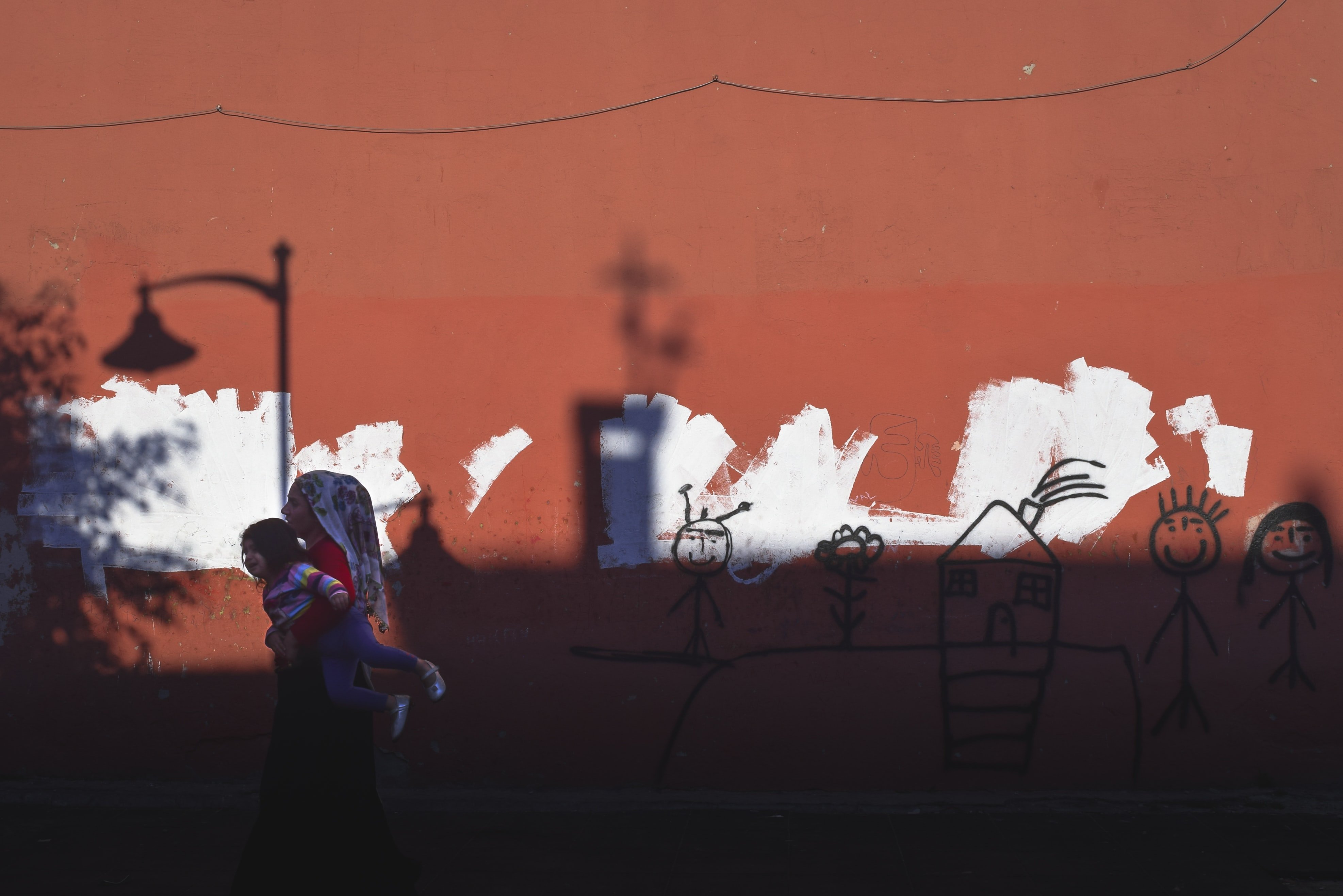How migrants' legal status affects their criminal behaviour

Check out the article Paolo Pinotti (Scientific director at CLEAN) wrote for Il Sole24Ore, the main Italian business newspaper.
Since the article is in Italian, we provide a translation here:
The images that reach us daily from Mariupol, Kharkiv and other cities devastated by Russian bombing have generated a wave of solidarity with the Ukrainian people. It is not difficult to imagine that solidarity could be replaced, in the coming months, by a growing distrust - and in some cases outright hostility - towards the refugees arriving in our country. We have already seen this happen during other bloody conflicts: the Balkans, the Arab Spring, Syria, Iraq, Afghanistan, Eritrea and others.
According to a YouGov poll conducted in ten European countries in December 2021 (only two months before the start of the conflict in Ukraine), immigration to our country is considered 'excessive' by 77% of Italians - a higher share than in all other countries, some of which host much larger numbers of foreign immigrants. The main reason for this opposition is the belief that immigration increases crime: half of those interviewed believe this, while only one in five is concerned about its impact on public finances and no more than one in ten fears its impact on employment and wages. The equation immigration = crime is also shared by a large share of respondents in other countries outside Italy. It is therefore important to compare these perceptions, so widespread,
with the reality of the data.
Over the last three decades, the number of immigrants in Italy has increased eightfold, from 625,000 to 5 million. During the same period, the homicide rate has decreased by 80%, from 2.5 to 0.5 per 100 thousand inhabitants - one of the lowest on the planet, half that of Germany and a third of that of Sweden. Other crimes for which we have reliable data, e.g. car theft and robbery, show similarly marked decreases.
Immigration therefore does not seem to be associated with a systematic increase in crime. Several reports by the Ministry of the Interior confirm that the crime rate of regular foreigners is essentially identical to that of Italian citizens. However, the picture changes radically when we focus on irregular immigrants, who constitute a minority share of the foreigners present on the territory (between 10 and 20%, depending on the estimates), but account for more than two thirds of the foreigners arrested for serious crimes.
The relationship between immigration and crime, as well as its implications for migration policies, thus depend crucially on the effect of legal status. The latter allows access to the labour market and public assistance, favouring pathways to full integration in our country. The absence of such opportunities pushes foreign nationals towards the black labour market and, in some cases, into the arms of organised crime. Further analyses that we conducted on data provided by the Ministry of the Interior and the Ministry of Justice confirm that the probability of committing serious crimes is halved following the granting of a residence permit.
These results confront our rulers with a choice, eminently political, between reception and integration on the one hand, and rejections and expulsions on the other. However, successive governments and parliaments in recent decades have been characterised by a strong ambiguity between these two alternatives.
The flow decrees grant residence permits for work reasons to a very small part (often no more than 20-30%) of those who apply for them; the majority therefore remain on Italian territory in a condition of illegality. Asylum seekers and refugees wait for years for the decisions of the competent territorial commissions on the application for protection. During this period, about one third of them benefit from economic and social integration paths guaranteed by the Reception and Integration System (Sai), while the remaining two thirds are hosted in Extraordinary Reception Centres that do not offer the same type of opportunities.
In light of the above, prolonged periods of social exclusion and legal uncertainty fuel the risk of deviance and illegality.
In this perspective, the decision, taken at European level, to immediately grant temporary international protection (lasting one year) to refugees arriving from Ukraine is to be welcomed. At the same time, it is necessary to think about a long-term strategy, which necessarily requires clear political choices.
What we cannot afford is the continuation of a half-baked migration policy, which only integrates a minority of foreigners